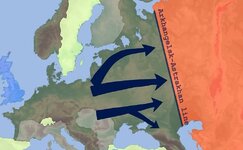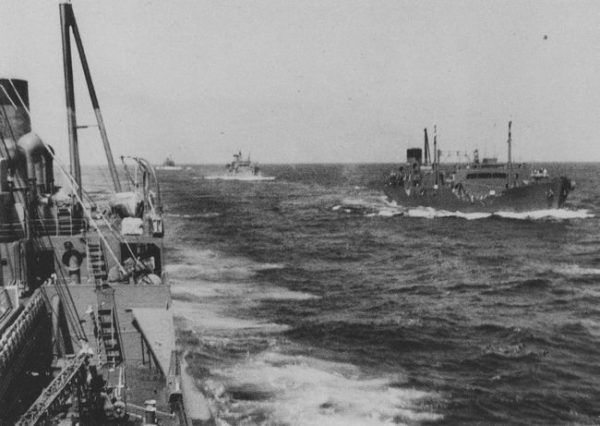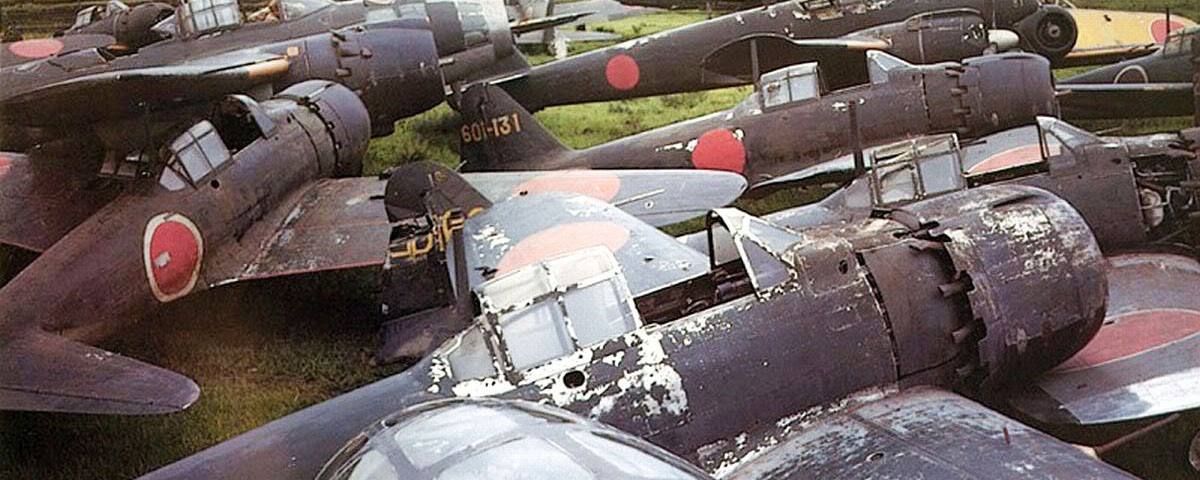Snautzer01
Marshal
- 46,292
- Mar 26, 2007
Japanese merchant fleet was quite big. Perhaps you want to read into this. And building airfields in far places they also did very effectively. It was not that clean cut back then.That was especially true in the Pacific. The Japanese had nothing comparable to our naval underway refueling/replenishing capability, or to our temporary forward bases at Majuro and then Ulithi. Nor could they build forward airfields to the same standards that our SeaBees did. They also wasted a lot of material by discarding damaged things that we would have repaired and put back into service.



